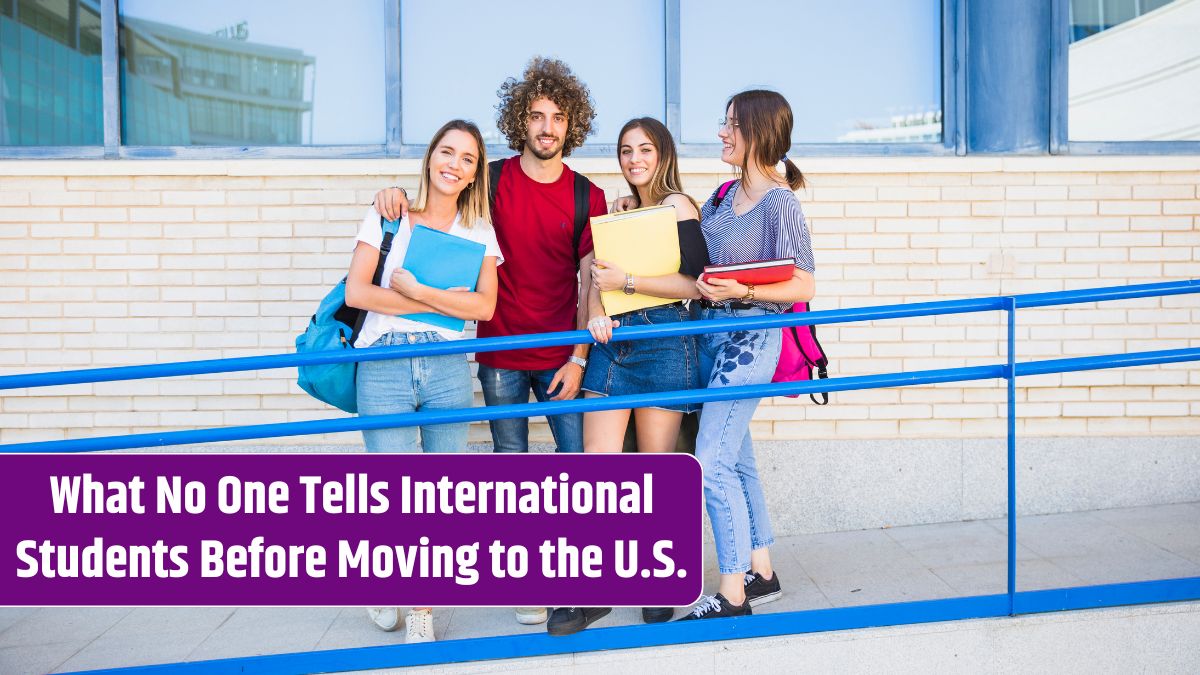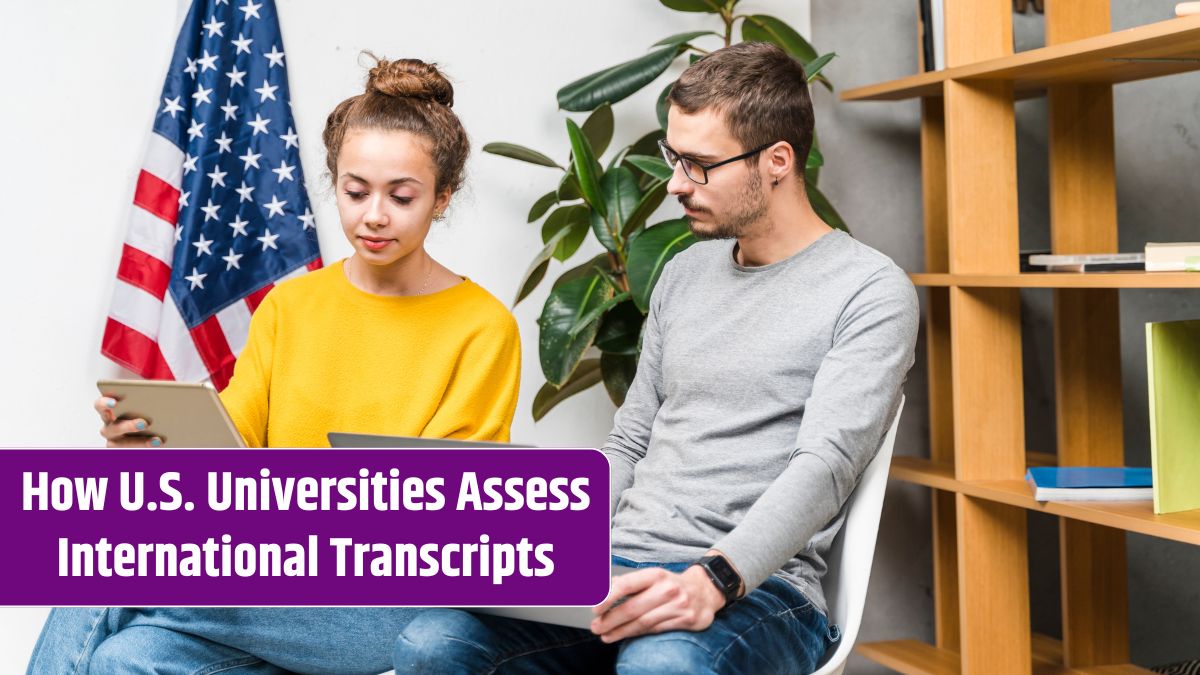Looking to make money while you’re studying? A work-study program might be exactly what you need. In 2025, more universities are offering flexible, well-paying on-campus and remote jobs through work-study programs. These jobs help you cover expenses without sacrificing your education—plus, they build real-life skills employers love.
Let’s break down the best work-study options, how to qualify, and why they’re worth considering.
Table of Contents
What Is It
Work-study is a federally funded program that allows eligible college students to work part-time—usually on campus—to help pay for their education. The jobs are often related to your major or career interests, but there are also plenty of general roles like office assistant or library aide.
Best part? The income doesn’t heavily affect your FAFSA or financial aid package.
Top Jobs
Here are some of the most popular and valuable work-study jobs in 2025:
| Job Title | Average Hourly Pay | Skill Development Area |
|---|---|---|
| Research Assistant | $15–$20 | Data, analysis, writing |
| Library Assistant | $12–$16 | Organization, communication |
| IT Support Technician | $15–$22 | Tech troubleshooting |
| Peer Tutor | $13–$18 | Teaching, subject mastery |
| Social Media Assistant | $14–$19 | Marketing, design |
| Campus Tour Guide | $13–$17 | Public speaking, outreach |
| Lab Assistant | $14–$20 | Science, lab protocols |
| Office Clerk | $12–$16 | Admin, filing, scheduling |
These jobs are typically capped at around 20 hours per week, so they won’t interfere with your classes. Plus, they’re often more flexible and supportive of your academic schedule than off-campus jobs.
Who Qualifies
To be eligible for federal work-study, you must:
- Be a U.S. citizen or eligible non-citizen
- File the FAFSA and demonstrate financial need
- Be enrolled in an eligible school and program
- Meet minimum academic standards
Note: Some schools offer institutional work-study even if you don’t qualify for federal aid, so always check with your financial aid office.
Why It Matters
Why pick work-study over a regular job? Here’s why:
- Flexible hours that fit around your classes
- On-campus convenience—less time commuting
- Experience for your resume—real skills, real results
- Networking with professors and departments
- Potential career alignment—jobs in your major field
In short: It’s not just about earning money—it’s about career preparation.
How To Apply
Here’s how to land a top work-study job in 2025:
- Submit your FAFSA early and indicate interest in work-study.
- Check your award letter to see if you’ve been offered work-study.
- Search your college’s job board for open positions.
- Apply like a real job—resume, cover letter, and sometimes an interview.
- Follow up professionally, especially for in-demand roles like tutoring or research.
Pro tip: The best jobs go fast. Start applying as soon as positions open—usually before or at the start of each semester.
Work-study is one of the smartest ways to fund your education, gain work experience, and keep your schedule student-friendly. Don’t just look at it as a paycheck—look at it as a launchpad for your future.
FAQs
Do all students qualify for work-study?
No, you must apply for FAFSA and show financial need.
Can international students do work-study?
Not federal, but some schools offer campus jobs separately.
How many hours can I work weekly?
Usually 10–20 hours, depending on your school and schedule.
Can I choose my work-study job?
Yes, you apply and interview like a regular job.
Is work-study better than off-campus jobs?
Often yes—more flexibility and campus-friendly schedules.





















